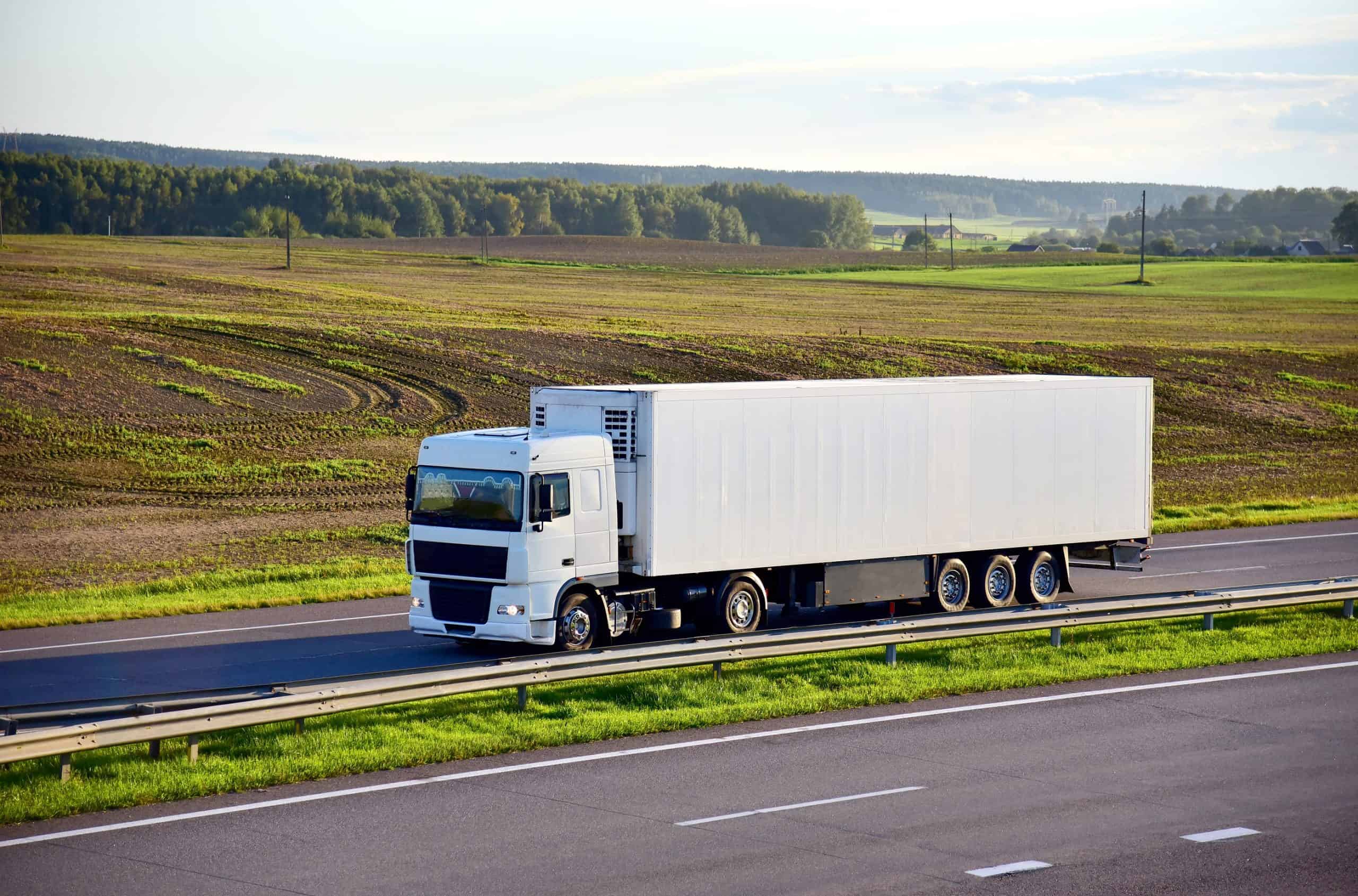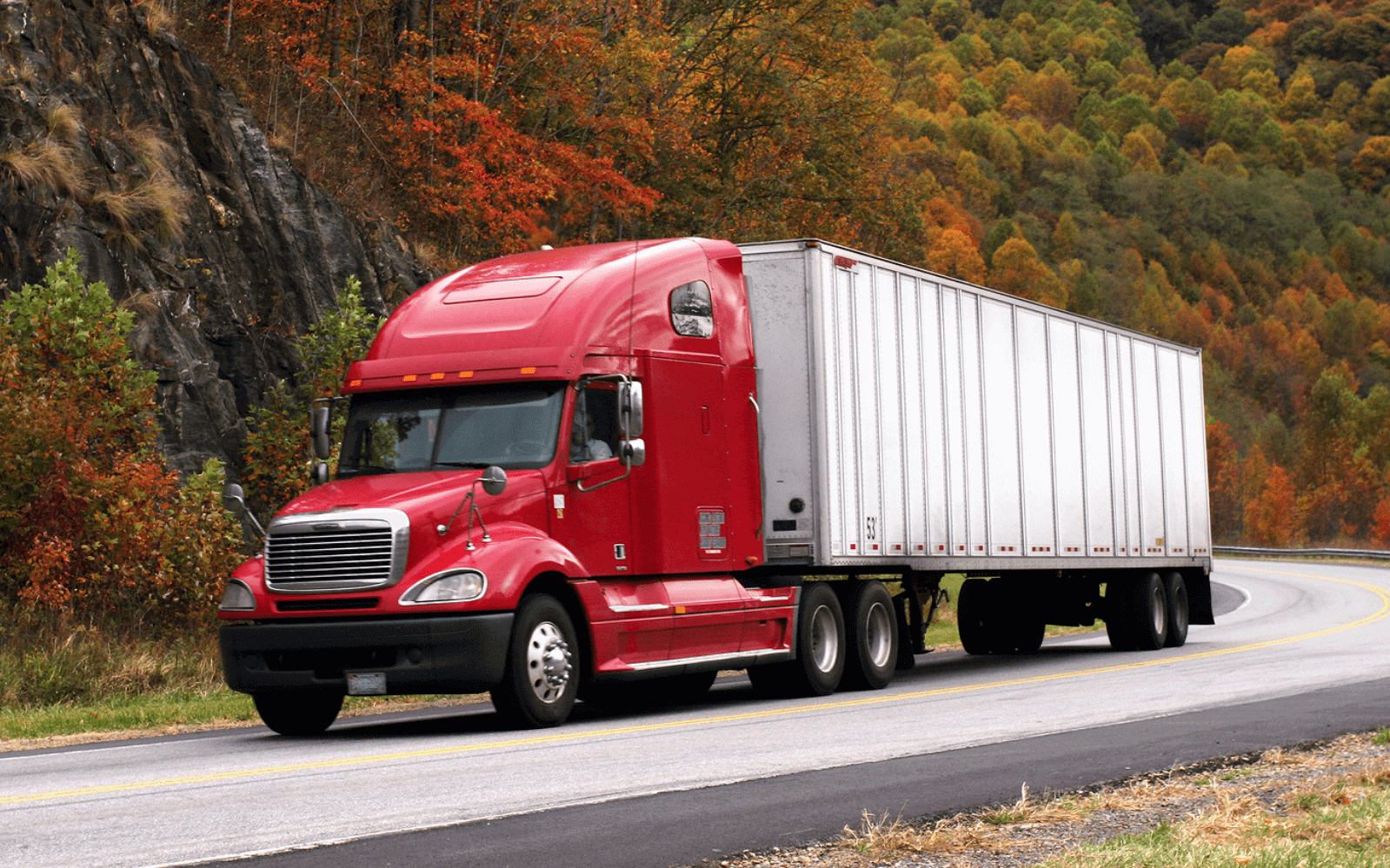Insuring your HGV is important to protect you, your business and other road users. Here’s what you need to know about HGV insurance in the UK.
What are the different types of insurance for HGVs?
There are a few things to consider when insuring your HGV. The first is the type of cover you need. There are three main types of HGV insurance: liability, comprehensive and third party only.
- Liability insurance covers damage to other people’s property or injuries to them if you’re at fault in an accident. It’s compulsory in the UK, so it’s important to make sure you’re properly covered.
- Comprehensive insurance covers damage to your own vehicle as well as other people’s property or injuries to them. It’s not compulsory, but it can give you peace of mind knowing you’re fully protected.
- Third party only insurance covers damage to other people’s property or injuries to them if you’re at fault in an accident. It’s the minimum level of cover you can have in the UK, so it’s important to make sure you’re properly covered.
When choosing your HGV insurance, it’s important to consider your needs and what type of cover is best for you. You should also compare prices from different insurers to make sure you’re getting the best deal.
If you use your HGV for business purposes, you may need to take out a commercial vehicle insurance policy. This is a different type of policy that covers vehicles used for business purposes.
You may also need to take out a goods in transit insurance policy if you carry goods or materials in your HGV. This covers the cost of replacing or repairing damaged goods.
To get the best deal on your HGV insurance, it’s important to shop around and compare prices from different insurers. You can do this easily by using an online comparison site. When comparing quotes, make sure you’re clear about the level of cover you need and what excess you’re willing to pay. You should also check the policy features to make sure you’re getting the right cover for your needs.
What is a 7.5 tonne vehicle?
A 7.5 tonne vehicle is a type of truck that is used for carrying goods and materials. These vehicles are typically used by businesses, as they are able to transport large amounts of goods and materials at once.
There are a few things you need to take into account when insuring a 7.5 tonne vehicle. First and foremost, you need to make sure that your vehicle is properly insured. This means having the right insurance coverage for your vehicle and making sure that it is up to date. Secondly, you need to make sure that you are familiar with the rules and regulations regarding lorries and HGVs in the UK. This includes knowing what types of vehicles are allowed on the road, as well as the weight and size restrictions that are in place.
Finally, you need to make sure that you are aware of the different types of lorry and HGV insurance available in the UK so that you can choose the right policy for your needs. There are a number of different insurers that offer this type of insurance, so it is important to compare the policies and find the one that best suits your needs.
What is a HGV?
A HGV is a Heavy Goods Vehicle, which is a type of truck that is used for carrying large amounts of goods and materials. These vehicles are typically used by businesses, as they are able to transport large amounts of goods and materials at once.
What are the weight and size restrictions for HGVs in the UK?
The weight and size restrictions for HGVs in the UK vary depending on the type of vehicle. Lorries and HGVs are typically restricted to a maximum weight of 44 tonnes, however there are some exceptions to this rule. The maximum length for a HGV is 16.5 metres, while the maximum width is 2.6 metres.
When it comes to insuring a HGV, it is important to make sure that you are aware of these restrictions so that you can choose the right policy for your needs

What insurance do self employed HGV drivers need?
If you are self-employed and drive a HGV, you will need to have haulage insurance in place. This type of insurance covers you for any damage that you may cause to your load, as well as any third party property damage or injury that you may cause while driving your HGV.
It is important to note that haulage insurance does not cover you for any accidents that occur while your vehicle is stationary. For this reason, it is also a good idea to have comprehensive insurance in place as well. This will cover you for any accidents or damage that may occur while your vehicle is parked or stored, as well as any accidents that occur while it is being used on the road.
What other types of insurance do HGVs need?
In addition to haulage insurance, there are a number of other types of insurance that you may need to take out if you drive a HGV. These include:
- Motor insurance: This covers you for any damage that you may cause to your vehicle, as well as any third party property damage or injury that you may cause while driving your HGV.
- Storage insurance: This covers you for any damage that may occur to your vehicle while it is stored or parked.
- Breakdown cover: This covers you for any repairs that may be needed to your vehicle in the event of a breakdown.
- Legal expenses cover: This covers you for any legal costs that you may incur as a result of an accident that was your fault.
It is important to note that the above list is not exhaustive, and you may need to take out other types of insurance depending on your individual circumstances.
How much does HGV insurance cost?
The cost of HGV insurance varies depending on a number of factors, such as the type of vehicle you drive, your driving history, and the level of cover you require. However, it is possible to get a competitive quote by shopping around and comparing different policies.
It is also worth noting that the cost of HGV insurance can be reduced by taking out a policy that covers multiple vehicles. This is often the case for fleet insurance policies, which can provide cover for a number of HGVs under one policy.
Do I need to tell my insurer if I use my HGV for personal use?
If you use your HGV for both business and personal use, you will need to declare this to your insurer. Failure to do so could invalidate your policy and leave you without cover in the event of an accident.
What are the penalties for driving without HGV insurance?
If you are caught driving without HGV insurance, you could face a number of penalties. These include a fine of up to £5,000, as well as having your vehicle seized and destroyed. In addition, you could also face a prison sentence of up to 8 months.

How can I get HGV insurance?
There are a number of ways to get HGV insurance, including through a specialist insurer or broker. You can also get cover through your existing motor insurance policy, although this may not provide the same level of cover as a dedicated HGV policy.
It is important to compare different policies before you buy, as there can be a wide variation in the level of cover and the cost of premiums. It is also worth using an online comparison service to get quotes from a number of different insurers.
Do HGV drivers get cheaper car insurance?
HGV drivers may be able to get cheaper car insurance by taking out a multi-vehicle policy. This type of policy covers a number of vehicles, including HGVs, under one policy.
How can I make my HGV insurance cheaper?
There are a number of ways to make your HGV insurance cheaper, including:
- Shop around and compare different policies before you buy
- Take out a policy that covers multiple vehicles
- Increase your excess
- Pay your premium in full upfront